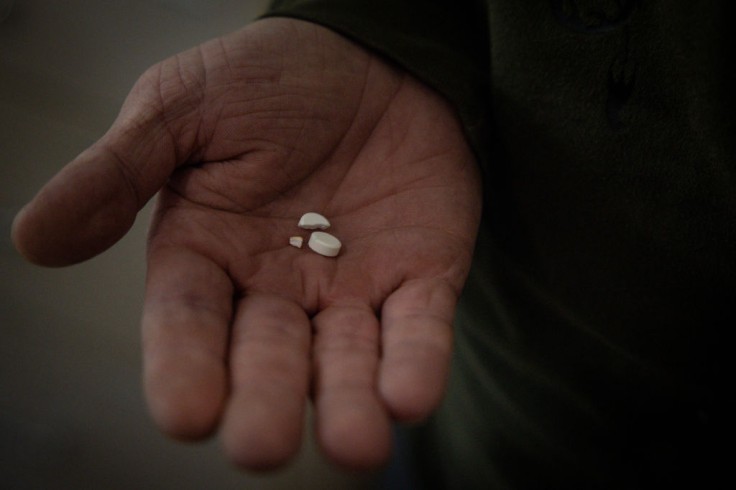
New drugs for treating serious menopause symptoms, specifically hot flashes, are now available or in development. However, doctors report that insurance companies often deny to cover this treatment or need women to try other, probably less efficient medications first. This circumstance leaves many women who could perk from the new drugs dependent on their health insurance providers.
What Are the New Menopause Drugs?
Hormone replacement therapy is typically suggested during menopause, but it's not advisable for all females, such as those with breast cancer, because it contributes to hormones that can worsen their circumstances. Newer drugs, however, do not include hormones.
Bayer currently declared that its nonhormonal drug, elinzanetant, essentially lessens the frequency and seriousness of hot flashes-sudden bursts of body heat that can happen at any time-among women in clinical trials.
Elinzanetant works by targeting two brain receptors: NK-3, which manages body temperature, and NK-1, which also affects mood and sleep. Participants in the trial reported better sleep while on the drug.
Bayer plans to submit its data to the FDA this year. If approved, it would be the second nonhormonal drug for hot flashes.
Last year, the FDA approved the Astellas drug fezolinetant, marketed as Veozah, which targets the NK-3 receptor. Research has shown it can reduce hot flashes for nearly six months.
More Women Are Speaking Openly About Menopause
Celebrities are starting to talk openly about menopause, a condition influencing about half the population that was once considered taboo. Currently, actor Halle Berry shouted, "I'm in menopause!" at a media event on Capitol Hill to support a congressional bill aimed at promoting menopause care.
"Menopause is having a moment," said Dr. Rajita Patil, director of the Comprehensive Menopause Care Program at UCLA Health. "But it should have happened much earlier. Menopause isn't a new condition."
Despite this increased attention, some insurance companies still hesitate to cover newer menopause treatments. For instance, Kaiser Permanente requires women to try at least two other non-FDA-approved drugs for hot flashes before switching to Veozah, which can cost over $550 for a month's supply.
These alternatives might include the pain treatment gabapentin or the antidepressant Effexor used off-label.
"Women are being asked to try medications that are not specifically FDA-approved for managing hot flashes before they can access a drug that is FDA-approved for this purpose," said Dr. Stephanie Faubion, medical director of the North American Menopause Society and director of the Mayo Clinic Center for Women's Health. "It's frustrating."
Pinkerton added, "Most providers feel limited in their ability to choose the best medication for their patients."
Bayer has not disclosed the price of elinzanetant yet, but it could be as expensive as or more than Veozah, analysts suggest.
Cindy Laughery, 60, a pediatric organ transplant nurse at the University of Virginia School of Medicine, began experiencing hot flashes and trouble sleeping-typical menopause symptoms-about six years ago.
"I would turn red and sweat profusely," Laughery said. "People would stop me and ask if I was okay."
She encountered these hot flashes 10 to 15 times a day and had challenges falling asleep at night. She enrolled in Bayer's elinzanetant trial. "It was a "life changer," Laughery said.
Her hot flashes became rare and milder when they did occur. "It was a revelation," she said. "Suddenly, I felt great in the mornings."
Although Laughery didn't encounter any negative side effects, Pinkerton noted that some participants in the research reported fatigue, headaches, and muscle aches.
What to do if Medication Isn't Covered by Insurance?
Salganicoff from KFF offers these tips:
- Check your insurance company's website for information on your medication and the steps required for coverage.
- Contact your doctor's office. Doctors often have access to coupons or discounts and can advocate for you.
- Appeal insurance denials. "A 'no' isn't necessarily the final answer," Salganicoff said. "Persistence can pay off."
Related Article: Hormone Replacement Therapy Could Help Prevent Depression in Menopausing Women, Study Says